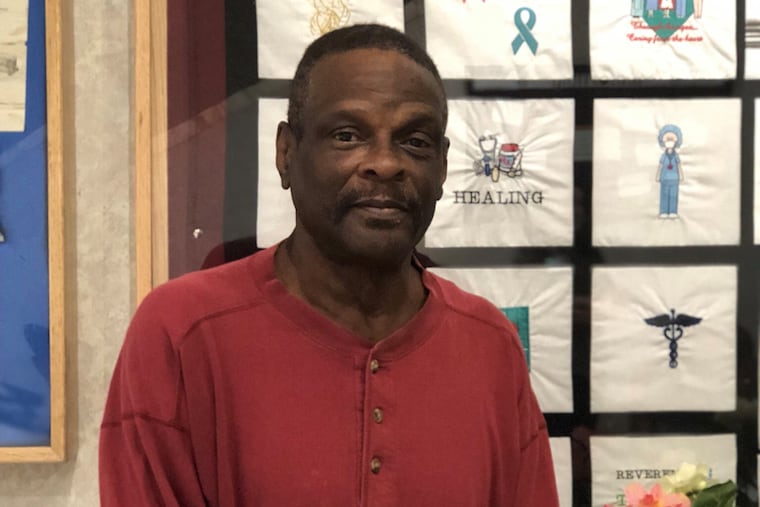How a support group helped this stroke survivor recover
At the hospital I was told I had not one, but three strokes.

A stroke can happen to anyone, anywhere, at any time. I remember cooking in my kitchen one day in May 2013 when I suddenly felt dizzy, and my eyesight became blurry. It was difficult to move. I knew in that moment something wasn’t right, and I needed to go to the hospital.
At the hospital I was told I had not one, but three strokes. Following the strokes, I had trouble walking and lost almost all feeling in my right side. I was unable to swallow, and I had slurred speech and double vision. I felt as though I had lost control not only of my body, but also my life.
Like many stroke survivors, the aftermath of my stroke left me with physical and emotional disabilities. Everyday things like cooking or taking a trip to the store became so difficult that I felt like I lost my independence. When that happened, I felt like I wasn’t myself anymore. I felt like I wanted to die.
During my treatment, my doctor referred me to a stroke support group at Mercy Philadelphia Hospital. That’s when the path to my recovery became clearer. Each month, a handful of West Philadelphia residents met at the hospital to share stories, educate themselves and support one another following one of the most challenging experiences of their lives.
In a comfortable setting, we encouraged each other to vent frustrations and fears about living with the effects of stroke, and we helped each other adjust to the “new normal” of our lives. The group’s stroke coordinator, nurse Lynn Rinylo, helped us make healthy, positive changes in our lives; we learned how to eat better, manage our blood pressures and otherwise reduce risk of future strokes. And, when we were depressed or felt like giving up, we held each other accountable, calling and motivating group members to keep coming back and talk about their problems.
With the support of my fellow stroke survivors and the help of my stroke coordinator, I relearned how to walk, speak and resume daily activities. I truly owe my successful recovery to my time spent at these stroke support-group meetings. The program focuses on the importance of giving survivors a voice, letting us lead conversations and decide meeting agendas. Since I joined four years ago, the group has evolved to touch on topics beyond the basics of stroke recovery. Lynn brings in neurologists, cardiologists and other doctors and specialists to talk to us. We learn how stroke affects our body and mind; we learn how to deal with anxiety and depression, and we set long-term goals for our recovery.
Each member of the group has something different to contribute in helping fellow stroke survivors through recovery. Everyone’s individual journey shows that perseverance is key to a successful outcome. Even through some of the harder discussions, when we don’t want to get out of bed or keep fighting for our recovery, we encourage each other to share our experiences, motivating the group as a whole. This support shows that, with hard work, dedication and determination, recovery is possible.
Now, further along in my recovery, I keep going back to these monthly stroke support-group sessions to empower other stroke survivors to help them regain their confidence and independence. I know if I can get better, they can get better.
I try my best to use my journey — from patient to survivor to advocate — to connect with friends, relatives and neighbors and bring attention to the power of group support.
Reggie Pelzer, a stroke survivor turned advocate, lives in West Philadelphia.